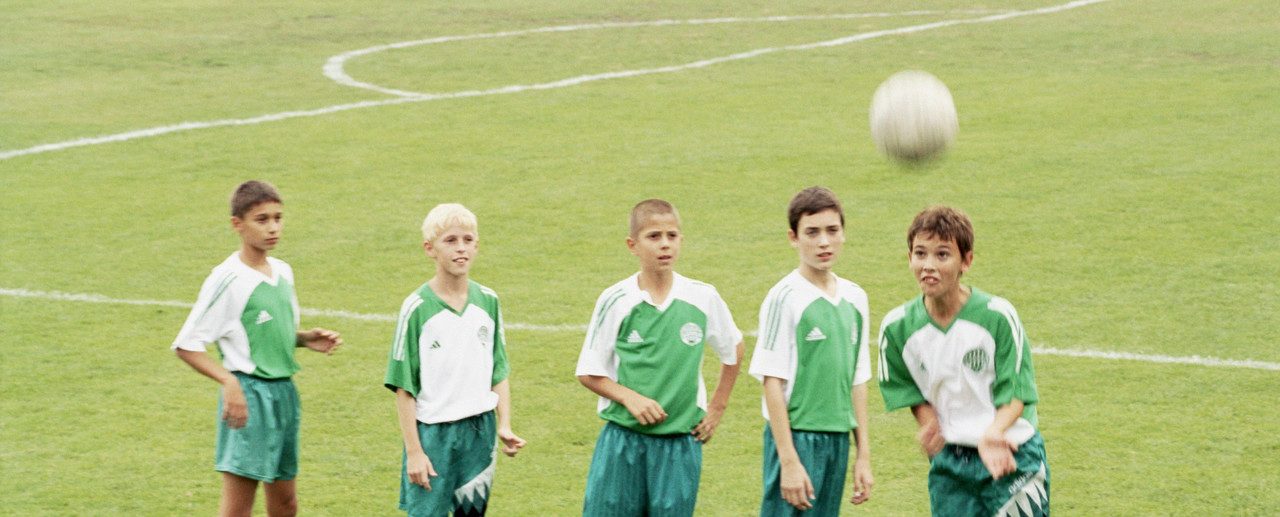February 23, 2018
Thinking Through Your Kid’s Technology Use

Chances are your child, at some point in time, will be more familiar with certain forms of technology than you. Both parents and researchers typically have to chase after what kids are doing, and just when we think we have a handle on what they are spending their time on (say, Instagram), you may find out they are consumed with something else (say, Snapchat).
So where do you start as a parent to feel like you are on top of things? While there are certainly many good resources out there for topics like internet safety and the like – check out, for example, Common Sense Media, which features many solid guides like one devoted to technology addiction – there are also some basic principles to follow, in terms of simply applying fundamental parenting practices to guide how you and your child set up and regulate expectations for technology use.
YOU MIGHT ALSO LIKE: Why Stress Is Not Good for Teens
Let’s start with computers. The reality is that kids will be using computers in school at younger and younger ages. One rule of thumb – and it’s no more than that – is that they should have access to their own computer when there is an expectation that they will be doing more than minimal independent school work on one. And of course, starting at any age, parents can teach kids about responsibility with the computer so they develop good independent skills – knowing how to use it productively, how to use it for fun, and how not to use it. It’s a big part of their world, and you want them to have a platform for being able to manage their time and actions wisely, just as you want them to manage other aspects of their life.
Email is another matter. Kids don’t really need one, so again I’d look to their schools. At what point does the school require one or give one out? Keep in mind that all kids – including and especially teens – can be impulsive and emotional, and that plays out socially. Think about an age when you feel they are mature enough to use it responsibly and teach them the rules of the game and monitor their usage. And bear in mind that this perspective applies to texting, which kids probably do much more frequently. Conversations about thinking before texting, using texting to communicate with friends rather than stir up trouble, and remembering that others will remember what you say, are in some ways no different than talking about how to play nice on the playground. And make it known that you will be having a look now and then.
Keep in mind that kids today are going to be hearing about and delving into all kinds of social media, and parents may not be as aware of the choices and what happens on them, including issues like what’s public and what’s private. Supervise their participation and be proactive about learning, and sharing, social media safety tips – and ask your kid to explain (and show you) how each form of social media works (in part to inform you of what they know and how they think it is used). Don’t assume anything, and practice transparent monitoring, not constant surveillance or lurking. It will be a learning curve for kids because, again, now they have a device that permits instantaneous expression of moods; kids will say things about other kids; misinterpretations can happen. Expect all of the above, monitor, and treat it like you are teaching a kid to ride a bicycle. Hang on until you think they are ready, and teach them good protocol (the social media version of wearing a helmet, looking both ways before crossing the street, don’t go too fast, don’t get too distracted). You will need to practice good communication skills with your child and partner with them.
Going back to the idea of technology addiction, recognize that the old rules of thumb are hard to apply now. The idea of, say, limiting technology use to 2 hours a day seems antiquated when we all have mobile devices buzzing away 24 hours a day. Kids may be doing a large portion of their schoolwork on devices and may need to get, and hand in, assignments via portals and the like. So you and your kid should have a talk, and gather your own data, about how much time a day is spent using technology to support learning, how much is spent having fun (like playing games), and how much time goes into social activities (communicating with friends). Figure out for yourself what’s reasonable for each and make sure there is time left over for non-technology activities. More than anything, you will be engaging in a critically important parenting skill of involving your child in bilateral conversations to establish limits and rules for monitoring and abiding by the limits. These skills will transport to many other domains (e.g., driving, dating) so best to get in the habit of having those open lines of communication.


